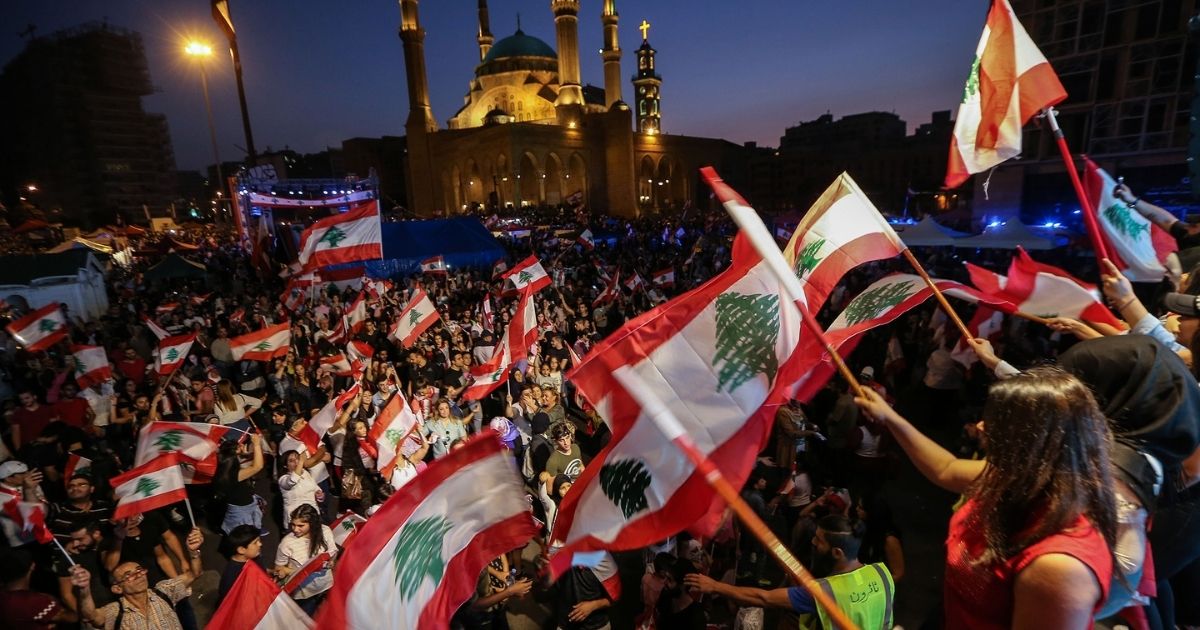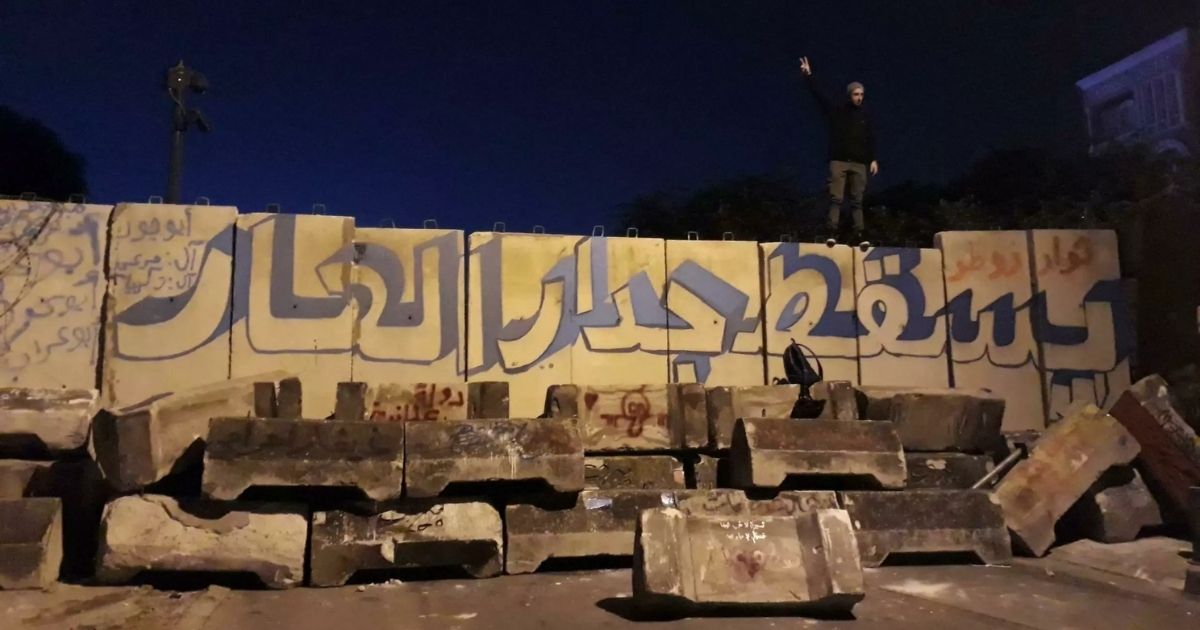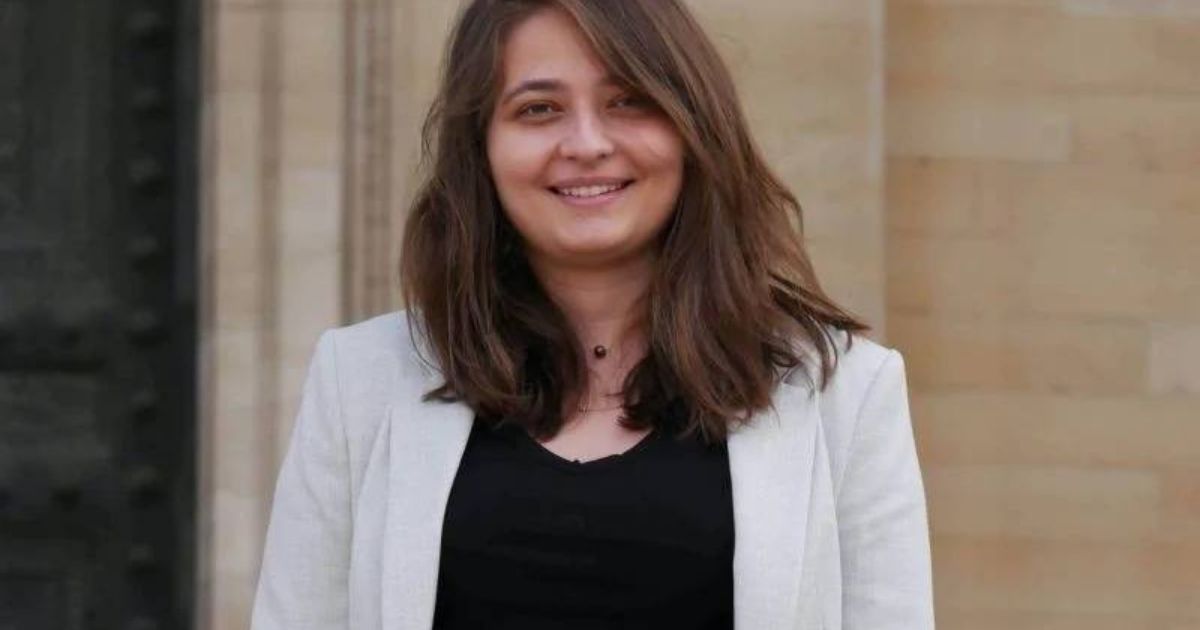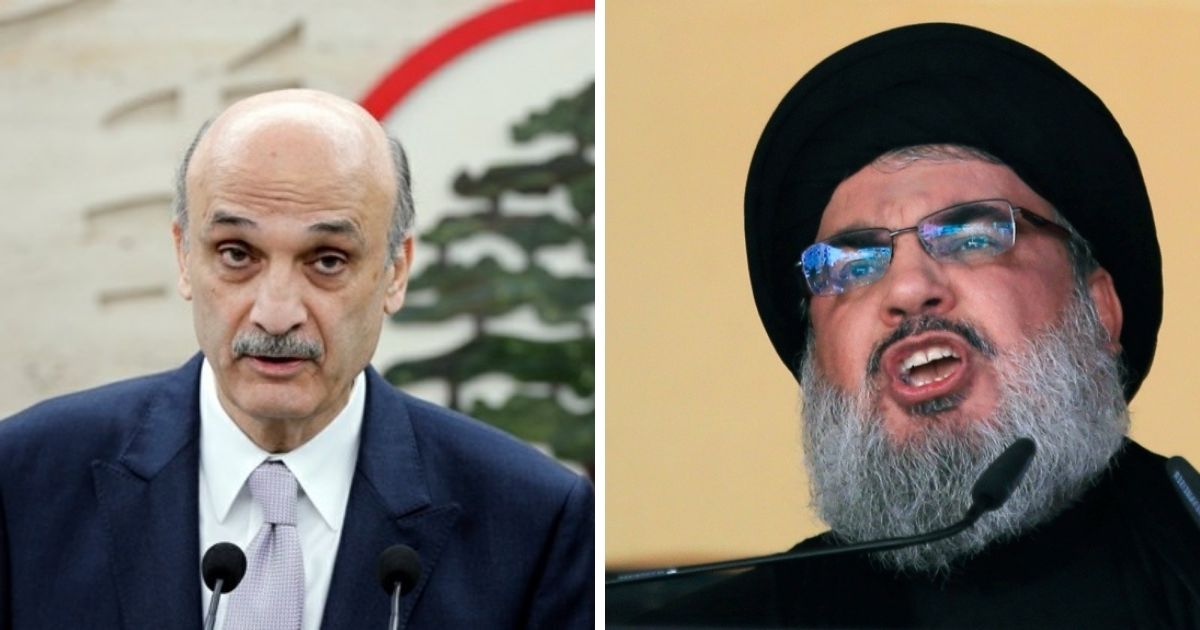Nejmeh Square has been the center of attention in Lebanon for the past couple of days. Several clashes have taken place since the protesters decided to demonstrate in the perimeter of the parliament building in the center of the capital Beirut 2 days ago.
In light of these recurring violent events, the obstacles that were placed by authorities at the entrances of Nijmeh Square are being reinforced today.
The movable barriers (metal fences) have proven incapable of denying the protesters, who insist to practice their right to protest in any public space, entrance to the famous square in central Beirut.
And to make up for that, authorities have begun building a permanent metal barrier as a replacement.
The meter-long construction was described as an “extra security measure” and began this afternoon and has since sparked wide outrage on social media platforms.
Lebanese people have turned to Twitter to criticize the decision to build a permanent barrier, calling it the “The Wall of Shame” and attacking the idea of stripping the civilians of their freedom to express themselves through protest.
“Parliament is ours,” wrote a Lebanese Twitter user addressing those behind the idea, “and as a reminder, your salaries come from our pockets.”
The hashtag جدار_العار# (The Wall of Shame) is currently trending on Twitter in Lebanon.
In reaction, a video captured at the construction site was posted and shared online, explaining that the barrier is not actually a wall as is being claimed, but a metal fence.
Nevertheless, it is obviously meant to keep the protesters away from the parliament building; a building that was paid for with the money of the very protesters that are being separated and pushed away from it.
What law gives the authority, which is supposed to be the voice of the people in a democratic country such as theirs, the right to deny Lebanese citizens entry to a public square in Lebanon?
Questions are many across social media, such as: Are they so keen to protect themselves instead of protecting the people? Do they intend to raise more barriers of separation than they’ve already set between them and the people?

















